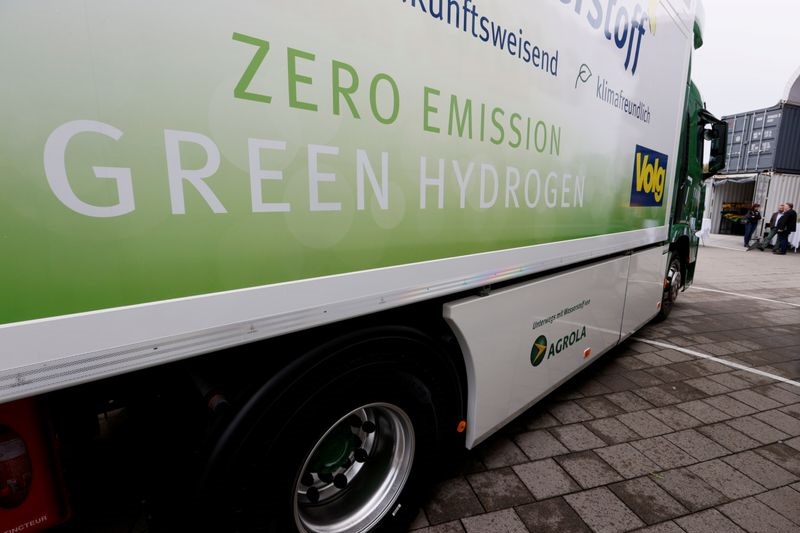As President Joe Biden runs for re-election, investors closely monitor the potential impacts on energy stocks. Biden’s administration has emphasized climate change, renewable energy, and regulatory changes, contrasting sharply with the Trump administration’s focus on fossil fuels.
Key Energy Policies
Biden’s policies include rejoining the Paris Climate Agreement, aiming for net-zero emissions by 2050, and promoting investments in electric vehicles, renewable energy, and energy efficiency through the Bipartisan Infrastructure Law and the Inflation Reduction Act (IRA).
Market Impact
During Biden’s first term, clean energy stocks generally outperformed traditional ones, driven by stricter regulations and the push for clean energy. If re-elected, Biden is expected to continue this focus, with the extent of changes depending on Congress’s composition.
Stocks to Watch
Clean energy companies like First Solar (FSLR), NextEra Energy (NEE), and Sunrun (RUN) could benefit from ongoing support. Under Biden’s policies, analysts project continued growth in solar, wind, and battery storage investments. Conversely, traditional energy stocks may face challenges due to increased regulatory scrutiny and declining demand for fossil fuels.
Investment Strategies
Investors might consider increasing exposure to renewable energy stocks, particularly in sectors like solar, wind, and energy storage. Stocks such as Eaton (ETN), Quanta Services (PWR), and Air Products & Chemicals (APD) could also see gains in electrification and hydrogen production.
Regardless of the election outcome, companies in energy-efficient products and recycling, like Johnson Controls (JCI), Trane Technologies (TT), Waste Management (WM), and Republic Services (RSG), are poised to benefit from ongoing incentives.
The 2024 U.S. presidential election will significantly impact the energy sector. A Biden 2.0 presidency could boost clean energy and climate change mitigation efforts, benefiting renewable energy companies. Traditional energy stocks’ performance will hinge on global demand, supply dynamics, and the energy transition’s pace. Investors should stay informed on policy developments and adjust their energy sector exposure accordingly.










